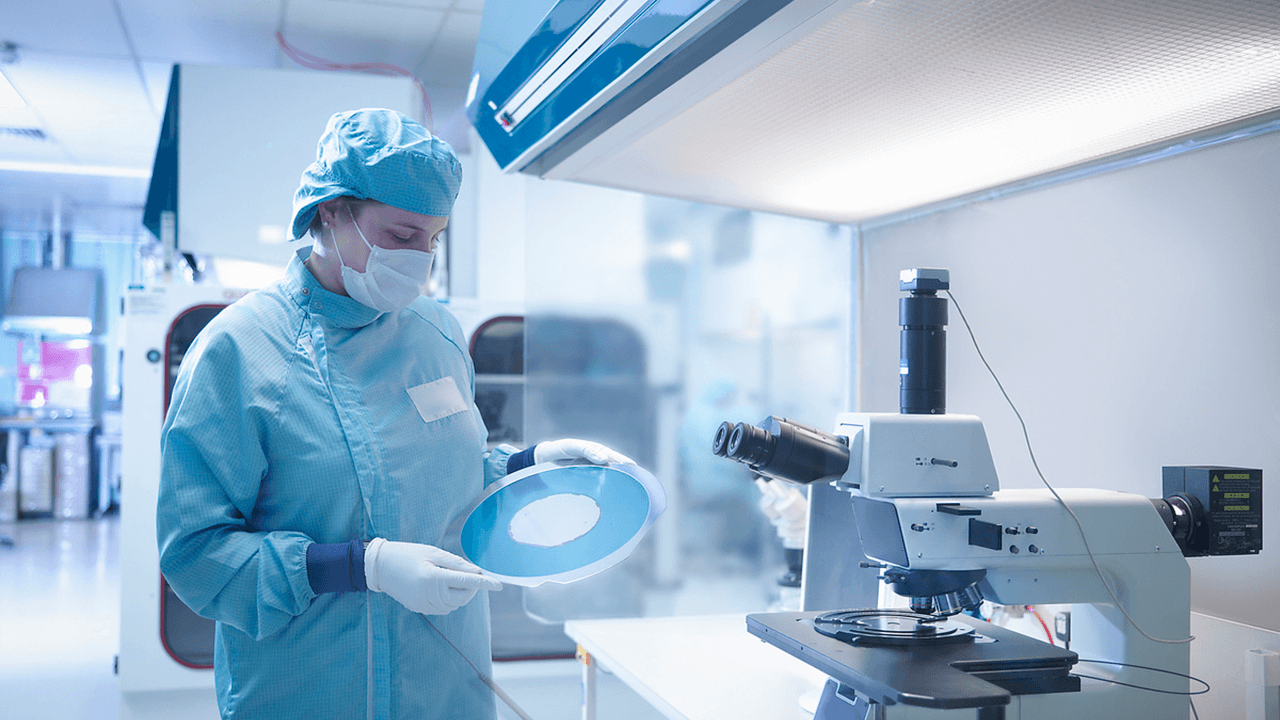Setting up the startup phase, applying for funding, finding employees and investors, thinking through forms of financing, developing business models, opening up sales markets and so on — a lot of steps are necessary to go from an idea to a successful startup or even scaleup.
Two central factors for young entrepreneurs are multi-layered networks and attractive framework conditions at the location. Some people might first think of Boston, London or Berlin. However, in the heart of Europe, a small country has become a centre of the startup scene. According to the EY Startup Barometer, in H1 2023 alone, there were more financing rounds in Austria than ever before; and in terms of the number of unicorns, the country now ranks number four in the EU.
Especially in the life sciences sector, a lively startup scene has developed in Austria. The combination of private investors, state funding opportunities, and a large number of research institutions and companies that provide the necessary infrastructure such as laboratory space plays a central role. But of course, soft factors also come into play: the high quality of life with a moderate cost of living makes Austria particularly popular with international talent.
Harold P. de Vladar, founder of Ribbon Biolabs, the first company to specialise in the high-throughput production of complex DNA, confirms this. "Both the biotech and startup scenes have developed very well in Vienna," says the Venezuelan-born entrepreneur. "There are a lot of players on the ground and there is a lot of funding on offer. At the same time, in Vienna — compared to international biotech hot spots like San Francisco or Boston — the competition for talent is not yet so extreme."
Like many other high-tech startups, Ribbon Biolabs needed funding in the first few years. The company was able to be built with project funding from the research promotion agency FFG and the Austrian promotional bank (Austrian promotional bank (aws). For de Vladar, personal advice from the Austrian Business Agency (ABA) was particularly valuable:
"As a non-Austrian, it's very helpful to get local support here."
Brightmind.AI also consciously chose Vienna. "Target market USA, roots in Germany, partners in the UK — and yet, after thorough analysis, Austria was and is the first choice as a location for our tech startup," says Tamara Gerbert, co-founder and managing director of the company, which wants to launch a therapy solution for migraine patients based on artificial intelligence.
Brightmind.AI wants to serve the US market first, but the team is researching and working in Austria. The decisive factors in this decision were the tangible research advantages in terms of funding and taxes, as well as the quick opportunity to network, plus short distances, a strong talent pool and extensive support from public agencies such as ABA and aws.
Ribbon Biolabs and Brightmind.AI are typical examples of companies that can be taken under the wing of the xista ecosystem. The former IST Cube, the innovation fund of the Institute of Science and Technology Austria (ISTA), already has 14 startups in its portfolio, totalling €100 million in funding. xista science ventures now serves as a bridge between science, technology transfer, entrepreneurship and financing to business and also provides laboratory and office infrastructure.
The goal is to create a collaborative and dynamic environment for scientific founders and innovative companies, giving them access to cutting-edge research and resources. Like MedTech Sarcura, which was able to raise €9.5 million in two financing rounds with co-investors to develop personalised cell therapies on an industrial scale.
Innovative ideas are also strongly supported by the Austrian government, e.g. with the new FlexCo law, which allows a special form of company for startups. Also, the state pays research-based companies an uncapped tax premium of 14 percent of the R&D expenditure.
In addition, the Ministry for Climate Protection and the Ministry for Economic Affairs will invest €32 million in application-oriented cutting-edge research in the COMET centres, including industrial biotechnology at the Austrian Centre of Industrial Biotechnology (acib).
In 2022/2023, a total of €50 million will be made available through the Austrian Life Sciences Programme of The Austrian Research Promotion Agency (FFG), funding, among other things, clinical trials.
Upcoming events to learn more about Austria as your business location
Web Summit, November 13 – 16, Lisbon, Portugal
Slush, November 30 – December 1, Helsinki, Finland
Lead image provided by Image Source RF / Westend61. Photo: Monty Rakusen




Would you like to write the first comment?
Login to post comments